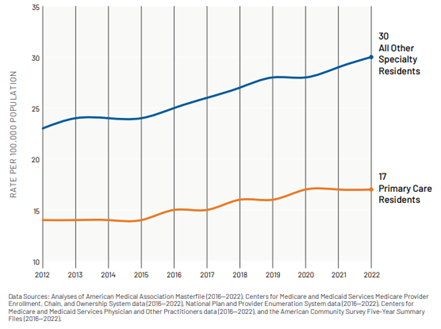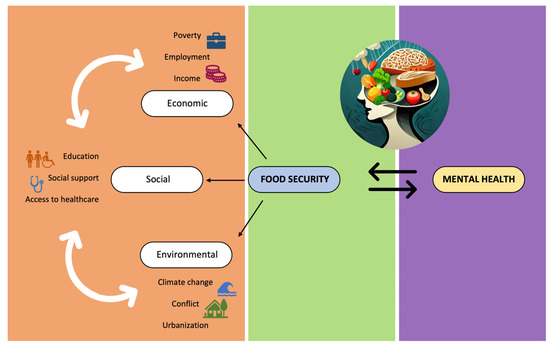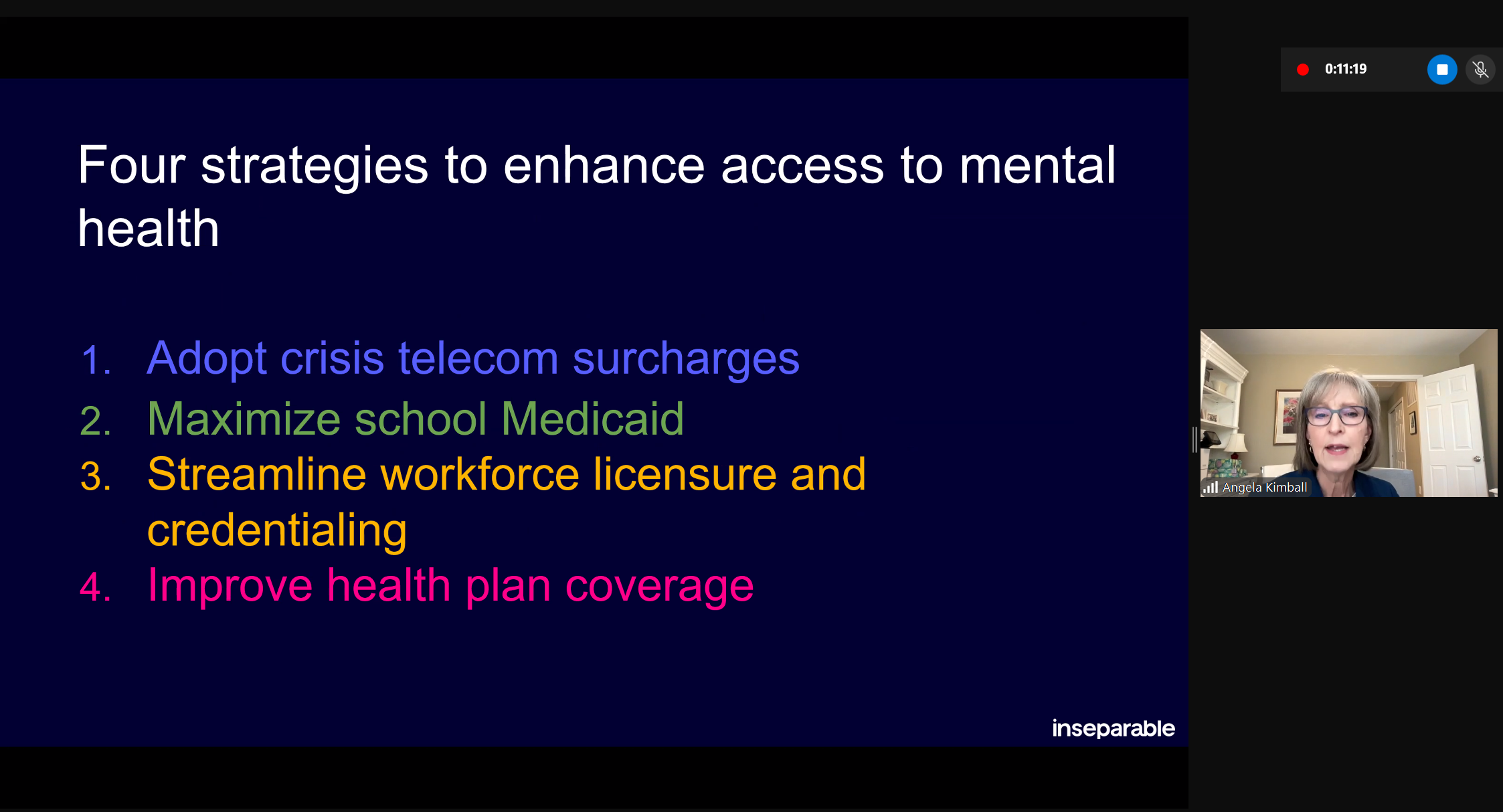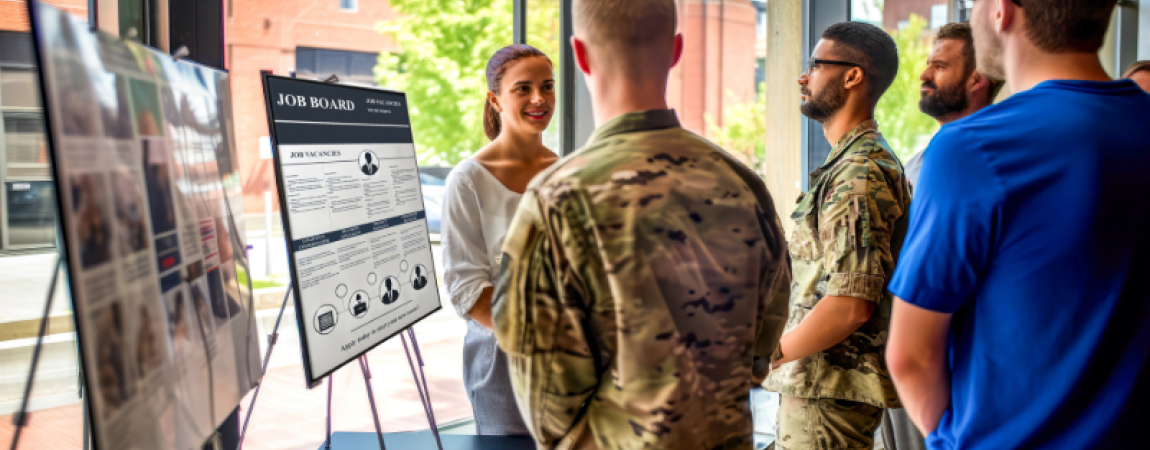This Workshop provided governors’ staff with policy and regulatory solutions to help meet their state energy goals, address areas for regional collaboration, and allow time for small group discussions among state representatives.
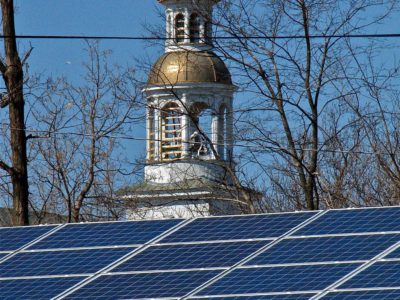
Virtual Event: 28-29 October, 2020
Downloads
Agenda
28 October 2020
Welcoming Remarks and NGA Update (12:30-12:40 PM)
NGA staff will frame the discussion for the following two days and update participants on recent resources available to assist states in meeting their energy goals.
Energy Trends Overview and Panel Discussion (12:40-1:10 PM)
NGA will offer an overview of state clean energy goals. Afterward, we will have a panel discussion with state representatives taking different approaches to creating and pursuing clean energy goals.
- Brian Selinger, Director, Iowa Energy Office
- Kristen Sheeran, Policy Advisor, Office of Oregon Governor Kate Brown
Clean Energy Lightning Talks (1:10-1:45 PM)
State attendees will hear from experts on the latest developments in clean energy technologies, the role of different resources in meeting state energy goals, and specific policy and regulatory strategies to advance certain resources. Technologies covered include:
- • FERC Update
- Alyse Taylor-Anyikire, Senior Policy Analyst, National Governors Association Center for Best Practices
- • Nuclear
- Todd Allen, Chair and Professor, Nuclear Engineering and Radiological Sciences, University of Michigan
- • Carbon Capture, Utilization and Storage (CCUS)
- Lee Beck, CCUS Policy Innovation Director, Clean Air Task Force
Modernizing the Grid to Incorporate Diverse Generation Resources (2:00-2:45 PM)
Traditional baseload generators are retiring, behind – the – meter and variable generation is on the rise, new distributed resources are coming online, and as a result load patterns are changing across the country. While these changes bring new market, economic, and environmental possibilities, careful planning will be needed to maintain grid integrity. Presenters in this session will discuss the emerging technologies that are creating a more responsive grid and the planning processes being implemented to deploy those technologies.
- Prithpal Khajuria, Senior Product Line Manager, IOT Products & Solutions, Intel Corporation
- Scott Glenn, Chief Energy Officer, Hawai’i State Energy Office
Technology Deep Dive: Battery Storage Technology (2:45-3:15 PM)
Many states with aggressive decarbonization policies are counting on battery storage technology to meet those goals. But what is t he state of this technology today? In this keynote, we’ll hear from an expert about national and state policy trends to advance deployment, the outlook for ongoing development of energy storage technologies like long duration batteries, pumped hydro, and g rid scale storage, and market indicators like pricing.
- Daniel Finn-Foley, Head of Energy Storage, Wood MacKenzie
Modernizing the Energy Sector: State Breakout Discussions (3:15-4:00 PM)
State attendees will break into small groups for in-depth discussions on comprehensive state energy planning and policy design for carbon reductions
NuScale Virtual Tour (4:00-4:20 PM)
29 October 2020
Opportunities for Governors to Leverage or Align Electricity Markets to meet State Energy Goals (12:30-1:15 PM)
Electricity markets around the country are transitioning due to state policy goals and regulations, technology innovation, and federal decisions. How can membership in a organized regional market (ISO/RTO) help a state reach its energy goals? How can that membership pose a challenge? How do these questions vary by region? This session will provide an overview of electricity market trends, as well as focus on the role of these organize d markets and opportunities for regional collaboration as states increasingly set energy policy.
- Sue Tierney, Senior Advisor, Analysis Group
- Carl Linvill, Principal, Regulatory Assistance Project
Meeting State Energy Resilience Priorities (1:15-2:00 PM)
Experts will discuss best practices focusing on maintaining reliability and resilience as new technologies are integrated into the grid. Microgrids and non-wires alternatives are some of the technologies gaining in popularity for resilience applications. Many states are setting aggressive clean energy targets and it is important to pair these goals with comprehensive state energy plans and utility integrated resource plans. Additionally, the session will include strategies for states to collaborate with federal partners.
- • Craig Lewis, Executive Director, Clean Coalition
- • Eric Coffman, Director of Energy Programs, Maryland Energy Administration
Funding and Financing the Energy Transition (2:15-3:00 PM)
This session will explore strategies states are using to fund and finance the deployment of the technologies and the infrastructure upgrades to meet grid needs. Experts will share their views on meeting state goals in a cost – effective way , and what incentives are needed until some of these technologies can be commercially deployed ( including, small modular nuclear reactors, advanced electricity storage applications, and carbon capture, utilization and storage). Speakers will address how states and utilities are funding distribution and transmission upgrades needed to get the most out of clean energy resources . This panel will also discuss how policy makers are thinking about the scale of investment needed to prepare states for the future of energy.
- Janet Gail Besser, Managing Director, Smart Electric Power Alliance
- Bert Hunter, Executive Vice President and Chief Investment Officer, Connecticut Green Bank
- Jason Sandel, Convener, Energy Transition Act Committee, New Mexico
Break Out Session: Energy Affordability and Equity Considerations (3:00-3:45 PM)
Low-income and rural communities often face barriers to accessing the cost saving programs administered by utilities and state governments, despite being the hardest hit by increases on their electric bills. What strategies are policy makers employing to ensure that all communities benefit from energy efficiency and distributed generation , and how are they working to address the financial impacts of such programs? Two presenters will give introductory remarks on equity and affordability and then transition into breakouts. Participants will spend 15 minutes in each breakout and will then come back together for any remaining time.
- Yasmin Yacoby, Program Manager, Energy Justice, Rhode Island Office of Energy Resources
- Mary Shoemaker, Senior Research Analyst, ACEEE
Technology Deep Dive: State Energy Goals and the Role of Nuclear (3:45 – 4:15 PM)
In 2019, nuclear power plants provided 20% of all electricity a nd produced over 50% of the carbon – free generation in the United States. This keynote will address questions such as: What role does nuclear play in helping states meet their clean energy goals? What new nuclear technologies are in development ? How should we be thinking about the uses of those technologies?
- Jesse Jenkins, Assistant Professor of Mechanical and Aerospace Engineering and the Andlinger Center for Energy and the Environment, Princeton University
Conference Wrap Up (4:15-4:30 PM)






